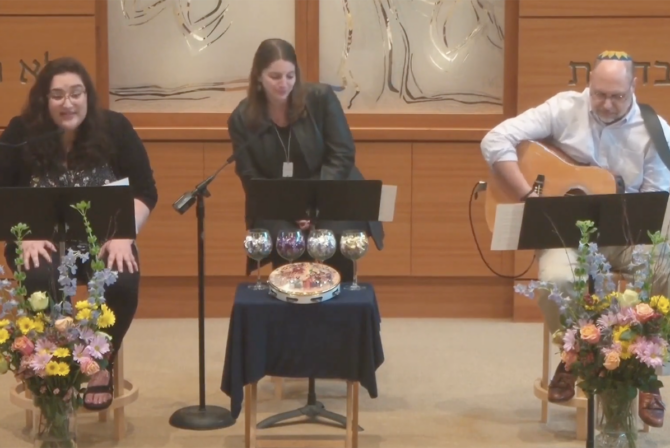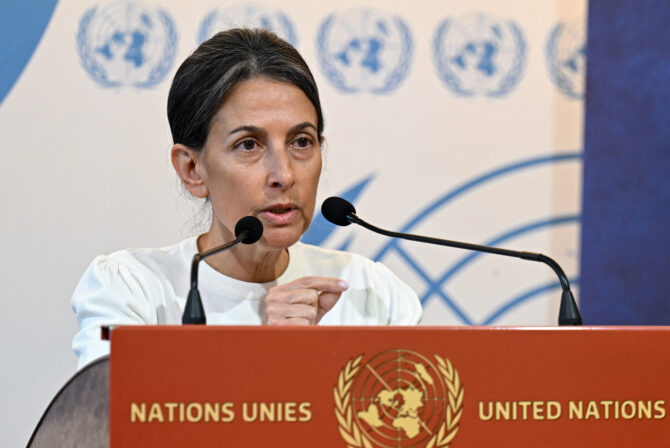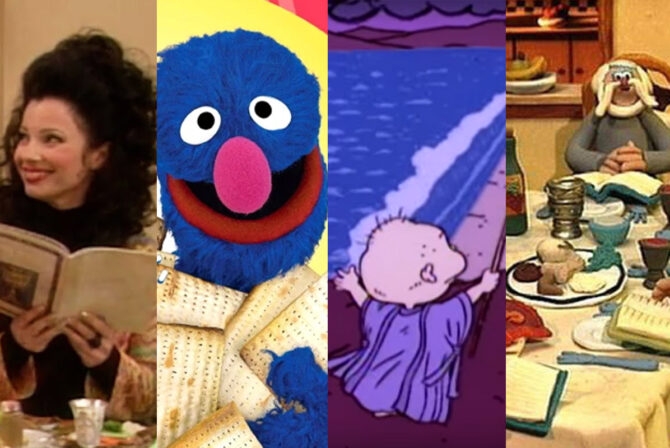Our 5-year-old son was beyond excited about becoming an older brother.
From the day he learned of my pregnancy, his baby brother–who he lovingly dubbed “Nemo”–was a frequent topic of conversation. Stuffed animals were organized into families of four. Requests for “family hugs,” including my distended belly, were made nightly.
“Can people marry their brother?” he asked one day. He was definitely smitten with his baby brother-to-be.
Then, at seven months, the unthinkable happened. I woke up one morning and realized that I hadn’t felt the baby move in several hours. I went to my doctor’s office and heard the words that every expectant parent dreads: “I’m sorry. I can’t find a heartbeat.”
READ: Talking About My Miscarriages for the First Time
After our baby’s loss was confirmed by sonogram, I asked the doctor to delay the delivery. I wanted to be the one to tell our son that his brother had died.
We arrived at his school and the director walked him down to her office to meet us. He looked happy to see us there, then confused. We sat him on our laps and I shared the news that I could still hardly believe. I expected tears, but there are none–just questions.
“Why did Nemo’s heart stop beating?”
“We don’t know yet, but if we find out, we will tell you.”
“After he comes out, can the doctors fix his heart?”
A gentle no, followed by the explanation that even if they could, it would be too late to get his body to start working again.
Hugs were exchanged and we headed home. My husband and I packed for the hospital. My in-laws arrived to watch our son, and his focus shifted to plans for a sleepover with his grandparents and dinner with his cousins.
READ: My Sister’s Stillbirth
During our two days at the hospital, family assured us that he was doing well. Still, I spent hours searching the internet for articles on helping children cope with stillbirth.
When we arrived home, my son checked under my shirt to see whether my baby bump was still there. Then he went about being a 5-year-old… and I went about being an anxious parent. I ordered children’s books about pregnancy loss: “Something Happened” and “We Were Going to Have a Baby but we had an Angel Instead.” I asked my friend to have her sister-in-law–a child psychologist–share resources. I was determined to be prepared for his needs as he grieved.
Then one day he had a response I was not expecting.
We were sitting snuggled up reading “Something Happened” when he turned to me and said, “Mommy, why do you keep buying books where babies die?” I paused to consider my response.
“Because I want you to know that we’re not the only family who had their baby die,” I told him. He followed up with questions, wanting to know more. We conversed freely, as we often did during my pregnancy when he had questions about conception, siblinghood, and more.
“I tell you what,” I said. “I’ll leave this book on the shelf with all of your other books. You can decide each night whether or not you want to read it.” He agreed.
READ: 7 Ways to Help Someone Who Has Lost a Pregnancy
It was then I realized that it was time for me too to leave the books on the shelf and follow my son’s lead. I had already communicated the key messages: what happened isn’t your (or anyone’s) fault; we aren’t the only family this has happened to; you can talk about it any time you want with us or your teacher; Daddy and I are still lucky parents because we have you; it isn’t your job to make us feel better.
It was time for me to leave the books and articles behind and respond to my son’s cues in the moment.
Sometimes days go by without mention of his brother. Other days questions arise seemingly out of nowhere: “Can I put a picture I colored into Nemo’s box [coffin]?” “Why do the doctors think that Nemo died?” “Can we get another baby?” I do my best to answer simply and honestly, following his cues, trying to let him lead in this confusing dance of parenting through grief.
I don’t always know where the path will lead, but I am learning to trust that, together, we will find our way through.







